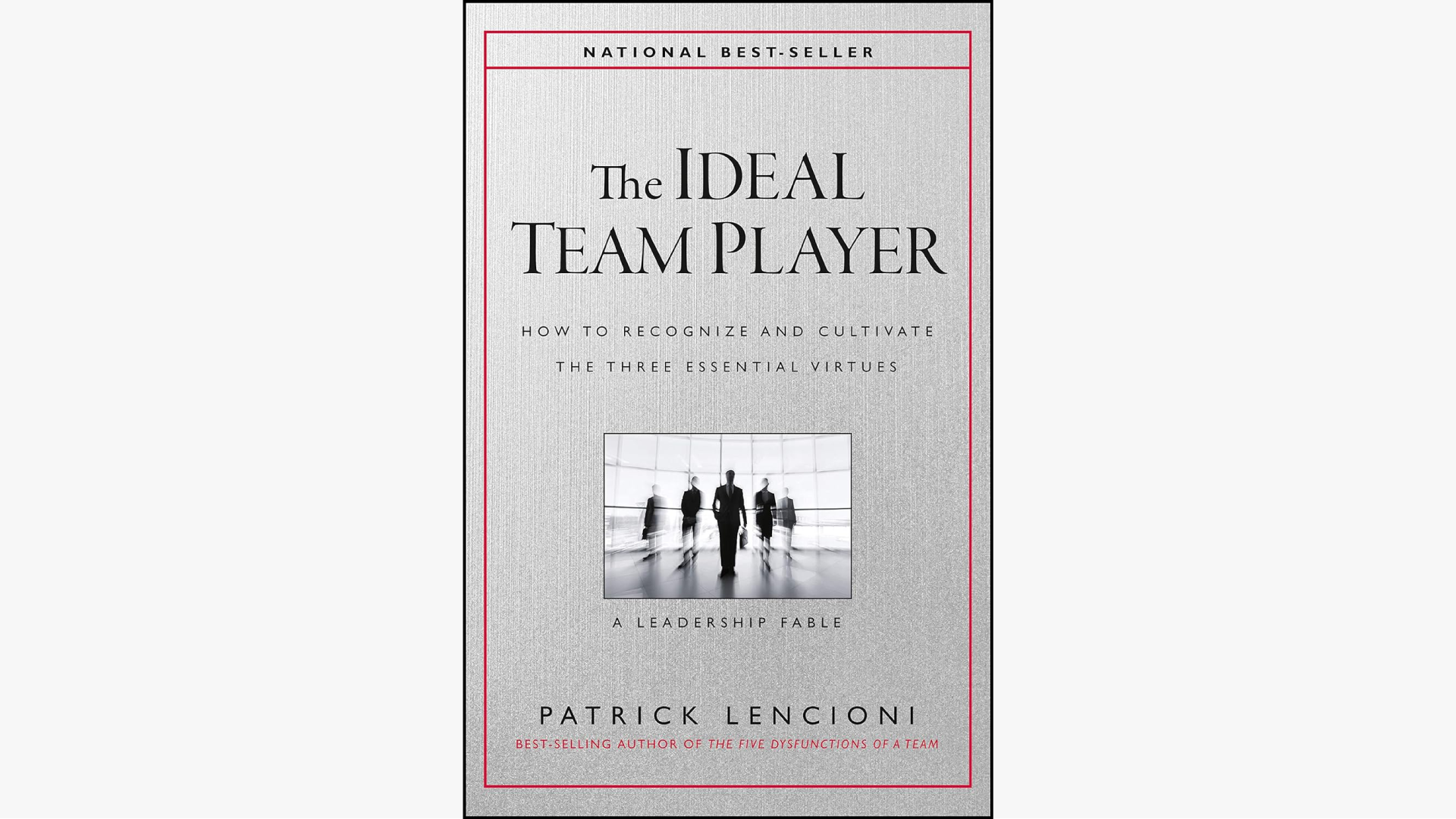Summary: The Ideal Team Player by Patrick Lencioni

Success isn't solely determined by innovative ideas or groundbreaking products in entrepreneurship. While those factors are undoubtedly vital, what often makes or breaks a venture is the strength of your team. Drawing inspiration from Patrick Lencioni's seminal work, "The Ideal Team Player," and his insightful quotes, alongside famous examples from the business world, we will delve into the three core virtues he identifies—Humble, Hungry, and Smart—and explore how these virtues can shape your entrepreneurial journey and elevate your team to new heights.
The Three Virtues: A Blueprint for Success
- Humble: The Bedrock of Trust Patrick Lencioni, in his book, emphasizes that humility is the cornerstone of a strong team. He writes, "Humble team players prioritize the collective good over personal gain, fostering an environment where open communication and collaboration thrive."
- Selflessness: Lencioni reminds us that humble individuals willingly share credit for successes and take ownership of their mistakes.
- Openness to Feedback: He underscores the importance of humility by stating, "Humble team players actively seek constructive criticism and view it as an opportunity for growth."
- Lack of Arrogance: Lencioni states, "Humility ensures that no one on the team considers themselves superior, promoting a sense of equality and unity."
- Hungry: The Drive for ExcellenceEntrepreneurs often share a common trait: an unquenchable thirst for success. In his book, Lencioni highlights that the hungry team player embodies this spirit. He writes, "They have a strong work ethic, are self-motivated, and constantly seek opportunities to contribute and improve."
- Strong Work Ethic: Lencioni points out that "Hungry individuals consistently invest effort to excel in their roles."
- Ambition for Team Success: He stresses, "Their ambition extends beyond personal gain to the overall success of the team."
- Continuous Improvement: Lencioni encourages us to embrace challenges, stating, "Challenges are opportunities for learning and growth."
- Bright: The Power of Emotional IntelligenceIn the entrepreneurial world, where diverse talents converge, emotional intelligence is indispensable. In his book, Lencioni asserts that smart team players can navigate complex interpersonal dynamics with finesse. He writes, "They understand and manage their emotions while effectively interacting with the emotions of others."
- Emotional Intelligence (EQ): Lencioni reminds us, "Emotional intelligence is key to success, as it helps us understand and manage our own emotions while connecting with others."
- Interpersonal Skills: He emphasizes, "Strong relationships, conflict resolution, and effective collaboration are hallmarks of emotionally intelligent team players."
- Team Awareness: Lencioni concludes, "Being aware of team dynamics, goals, values, and the unique needs of teammates is crucial for success."
Building Your Ideal Team
Now that you're acquainted with these virtues and Patrick Lencioni's insights, it's time to implement them. Whether you're a seasoned entrepreneur or just starting your journey, consider these steps:
- Assessment: Evaluate your current team. Identify the strengths and weaknesses of the three virtues. Encourage self-assessment among team members.
- Hiring: Incorporate these virtues into your hiring criteria. Look for individuals who have the right skills and exhibit humility, hunger, and emotional intelligence.
- Cultivate a Culture: Foster a culture that values and rewards these virtues. Lead by example, and make them an integral part of your organization's DNA.
- Training and Development: Invest in training and development programs that nurture these virtues among your team members. Continuous improvement is critical.
- Regular Feedback: Establish a culture of open and honest feedback. Encourage team members to help each other grow in these areas.
Conclusion: Elevate Your Entrepreneurial Journey
In the entrepreneurial world, success is a collective effort. Your ability to lead and inspire a team that embodies the virtues of an ideal team player—humility, hunger, and emotional intelligence—can be the difference between mediocrity and greatness.
Remember, it's not just about what your team can do; it's also about who they are. Cultivating these virtues in yourself and your team can pave the way for enduring success, innovation, and resilience in facing challenges.
As an entrepreneur, you can shape your team and, consequently, your destiny. So, embark on this journey with confidence, armed with the wisdom and inspiring quotes from Patrick Lencioni's book, "The Ideal Team Player," and the examples of renowned entrepreneurs who have harnessed the power of these virtues to achieve entrepreneurial excellence.
